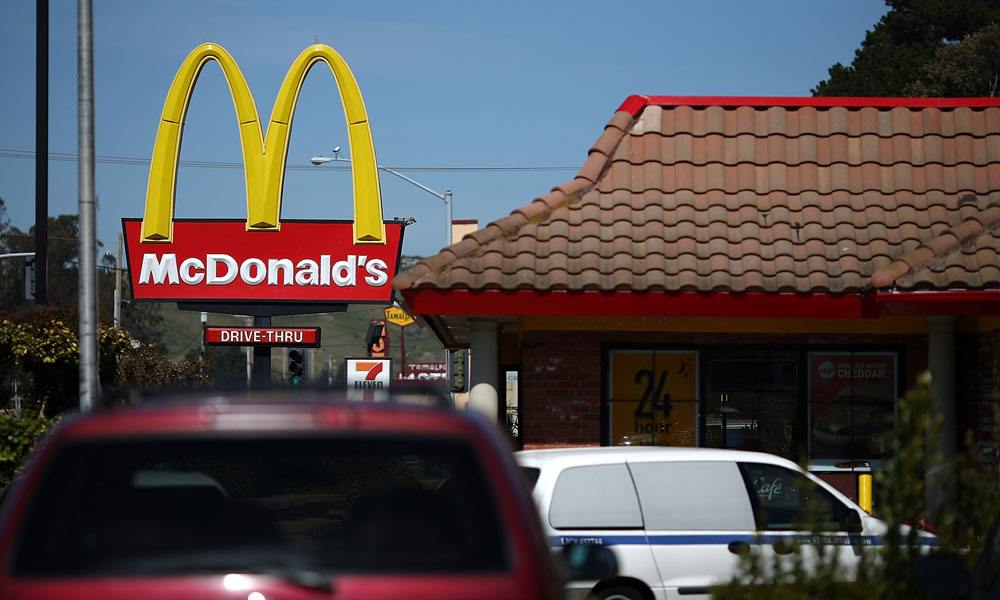
Trade Groups Denounce NLRB McDonald’s Ruling
A National Labor Relations Board decision finding that the fast-food giant is a "joint employer" of its franchisees' workers prompted an immediate outcry from business trade groups. The associations say the ruling threatens the long-standing franchise business model.
The International Franchise Association’s main argument against Seattle’s minimum wage law just took a significant hit from the National Labor Relations Board.
But according to IFA and other business groups, that’s just the half of it. An NLRB decision yesterday finding that McDonald’s is a “joint employer” of the workers at its franchised locations could do serious damage the to retail and restaurant industries, the groups say. More details:
When a government agency unilaterally decides to unravel the long established and successful business relationships between franchisees and franchisors, the entire business community reacts.
About the decision: In a ruling unrelated to the IFA’s challenge to the Seattle minimum wage law, NLRB General Counsel Richard F. Griffin Jr. found that 43 of 181 unfair labor practice complaints made against McDonald’s in the past 20 months had merit. Griffin said McDonald’s Corporation could be named as a joint employer in the case, even though it owns only about 10 percent of the 14,000 McDonald’s restaurants nationwide. The ruling could expose McDonald’s to liability for employment practices at its franchises and give employees more leverage to unionize. The company said it would appeal the ruling, adding that its effects could extend far beyond the Golden Arches. “This is such a radical departure that it should be a concern to business men and women across the country,” said Heather Smedstad, senior vice president of human resources for the company, in a statement to the Associated Press.
The impact for corporations: The ruling drew harsh reaction from the National Retail Federation and the National Restaurant Association. “The last thing this economy needs is decisions like this which merely serve to stall job growth and diminish much-needed capital investment,” NRF Senior Vice President for Government Relations David French said in a statement. “When a government agency unilaterally decides to unravel the long established and successful business relationships between franchisees and franchisors, the entire business community reacts.” French added that with the ruling, “NLRB has lost all credibility as a government agency established to protect workers and is now just a government agency that serves as an adjunct for organized labor.” In a separate statement, the restaurant association added that the ruling would likely lead to industry consolidation. “The net effect is counterproductive and will indeed create ‘big business,’” said Angelo Amador, NRA vice president of labor and workforce policy.
The impact for franchisees: The ruling could give franchisees less control over their businesses and make the franchise model less attractive to corporations, according to IFA. “If a franchisor is now a joint employer, will that franchisor continue franchising or will they only open corporate locations?” IFA spokesman Matthew Haller said in an interview with Inc.com. “If they have to be responsible for setting wages and employees, why be a franchisor?” In a statement, IFA President and CEO Steve Caldeira added that there was a risk that franchise owners “would lose control of the operations and equity they worked so hard to build.”
The ruling could undercut a key argument in IFA’s lawsuit challenging the city of Seattle’s new $15-per-hour minimum wage law. IFA claims that the law is unconstitutional because it unfairly treats franchisees differently from other small businesses, requiring franchisees to meet the same requirements under the law as their large corporate parents. The association argues that franchises are independent small businesses.
(Justin Sullivan/Getty Images News)






Comments